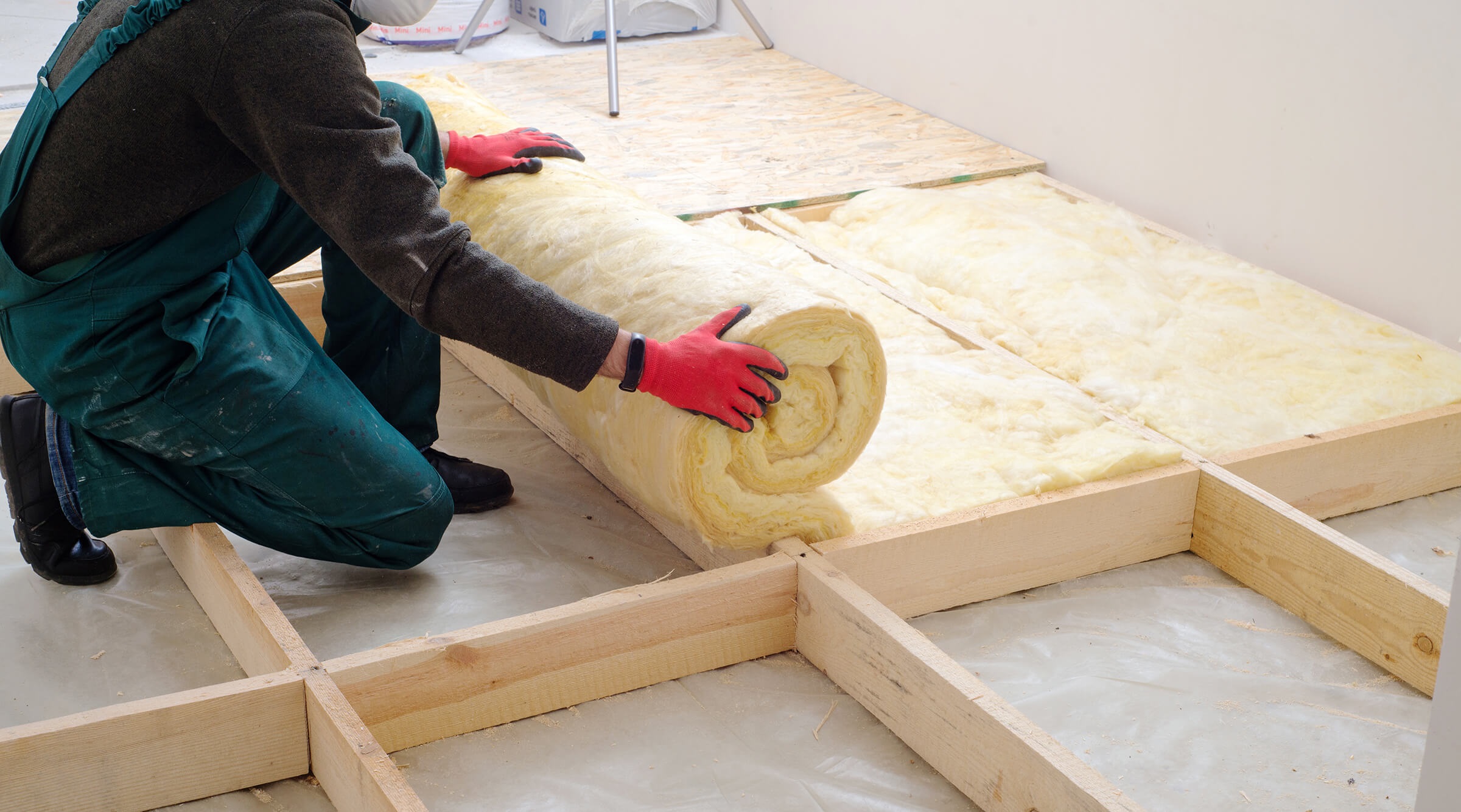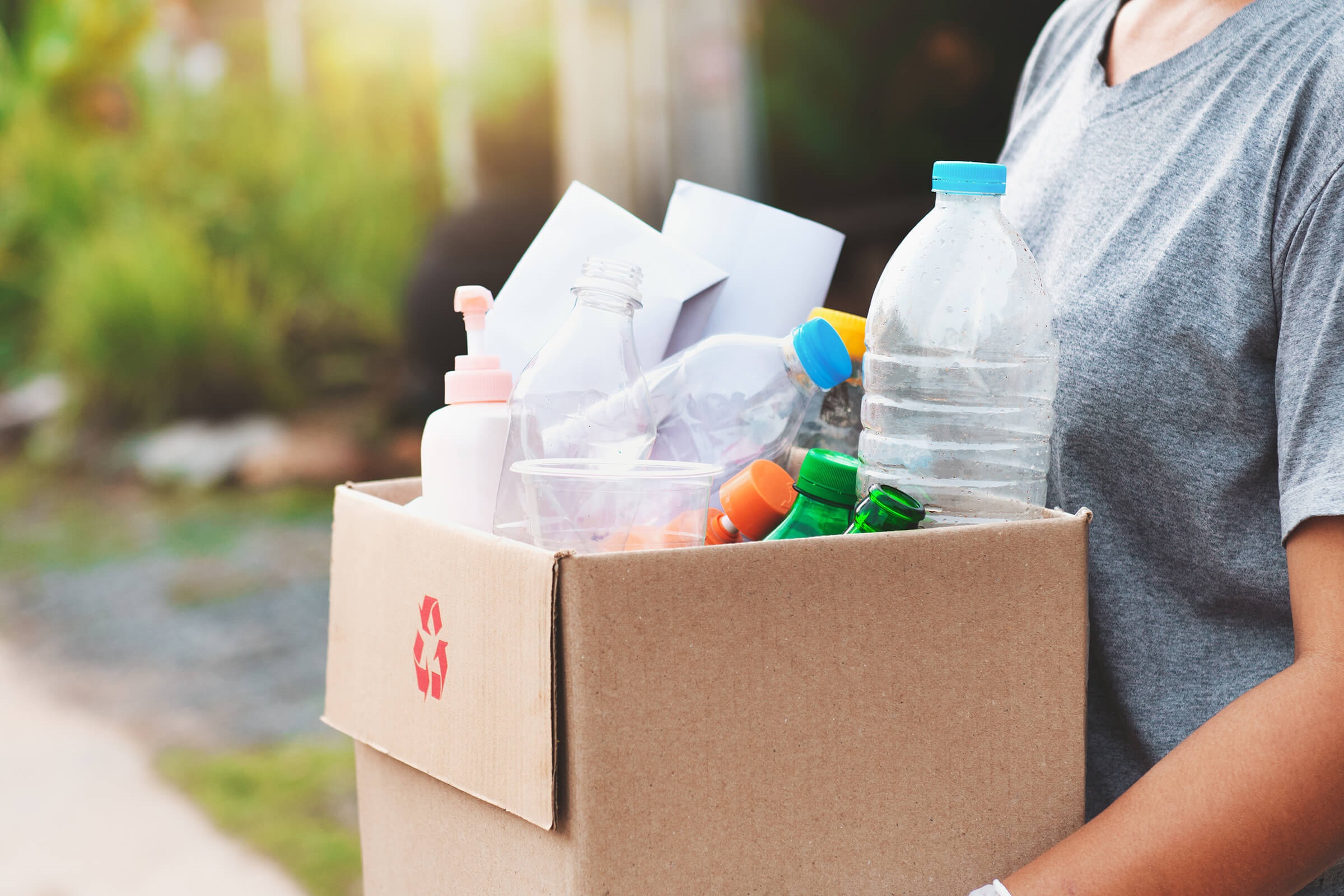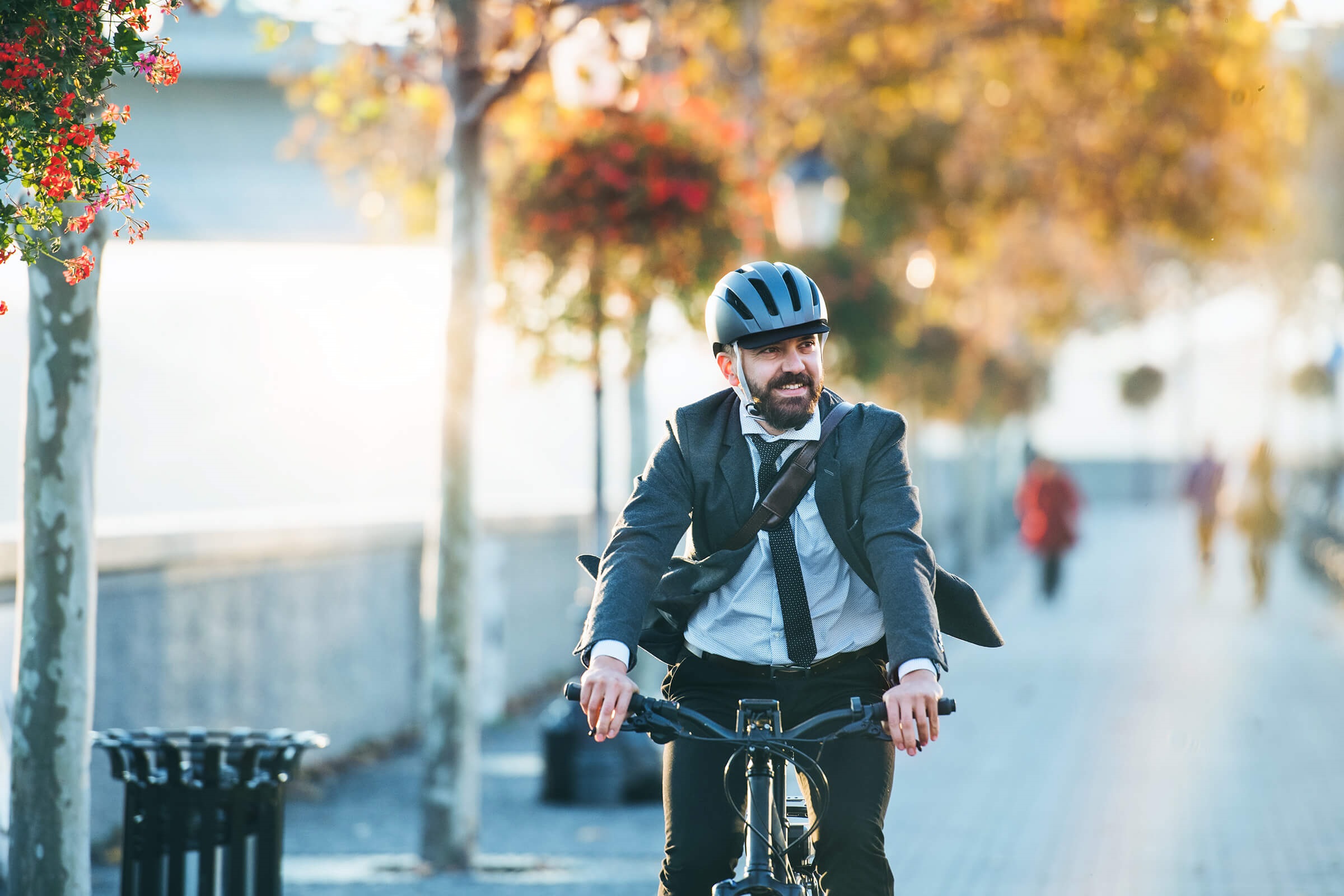Everyday actions to tackle climate change
Simple everyday actions to help mitigate against or adapt to climate change
If you are thinking about where you can start in helping reduce your emissions or adapt your life to our changing climate, the suggestions below are straightforward actions for you and your household - click on the links to take you to further information.
- Change the way you travel
- Consider home improvements
- Eat sustainably
- Reduce, reuse, recycle
- Spread the word
Change the way you travel
According to UK Government, transport produced 26% of the UK’s total emissions in 2021, with the majority (91%) from domestic transport coming from road vehicles.
| What's involved? |
For short journeys, consider walking or cycling. For longer journeys, consider using public transport or car sharing. If you need a car, consider a low emissions vehicle - find out more on our Climate action for greatest impact webpage. |
| Are there additional benefits? |
Improved health and wellbeing. Reduced costs. Better air quality. Reduced noise pollution. |
| Where can I find out more? |
Sustrans aim to improve everyday journeys for everyone and want to ensure that the benefits of walking and cycling are enjoyed by everyone. Read out Active travel webpage to find out more. |
Consider home improvements

The latest UK Climate Projections (UKCP18) indicate that there is a greater chance of hotter, drier summers and warmer, wetter winters in the UK in future. Adapting your home will help reduce the impact of these changes.
| What's involved? |
Install LED light bulbs and efficient appliances. Don’t overheat your home and consider using smart heating controls. Insulate your home to make it warmer in winter and cooler in summer. Ensure adequate ventilation and shading and grow trees or leafy plants near windows to avoid the use of fans and air conditioners. Check whether your home is at risk of flooding and make appropriate plans if it is. |
| Are there additional benefits? |
Savings on energy bills.
|
| Where can I find out more? |
UK Government provides advice on saving energy in your homes. Floodline allows you to check the long-term flood risk in your area and you can also sign up for flood warnings here. |
Eat sustainably

According to Wrap, 23% of total UK food system emissions are linked to the production & distribution of food that becomes waste.
| What's involved? |
Eat a healthy, balanced diet of sustainably sourced food such as locally grown fruit and vegetables. Reduce food waste by only buying what you need. |
| Are there additional benefits? |
Improved health. Reduced costs. |
| Where can I find out more? |
The Public Health England Eatwell Guide can help you get a balance of healthier and more sustainable food. Love Food Hate Waste suggests a range of actions to help reduce food waste in your home. |
Reduce, reuse, recycle

In the UK, recycling saves about 10-15 million tonnes of carbon emissions a year and making a plastic bottle from recycled plastic takes 75% less energy.
| What's involved? |
Buy products you really need and that are well made, from sustainable materials where possible, so that they last longer. Repair and recycle products wherever possible. |
| Are there additional benefits? | Reduced costs. |
| Where can I find out more? | Recycle Now has lots of advice on recycling at home. |
Spread the word

|
What's involved? |
Talk to your friends, family and colleagues about climate change and what they could consider doing in their lives. Use #GetClimateReady on social media to share stories of what you are doing. Consider joining local community initiatives to help combat climate change in your area. Check on vulnerable people in your community during severe weather such as heatwaves. |



